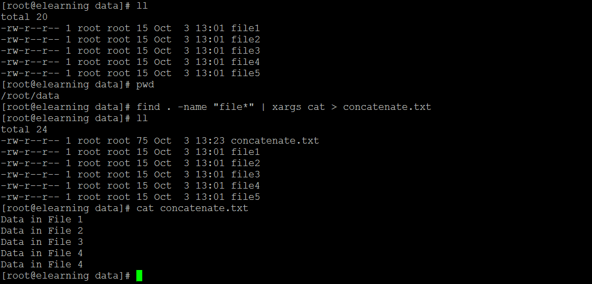



#Linux find file with name code
Just save the above code in a file ending with a. In that case, you can make use of a bash script that helps us to achieve the same output.Ĭonsider the script code shown below − for file in ** do echo $ done It should be noted that if you are not on a GNU terminal, then you might get an error stating that -printf is not found. type f -printf "%f\n" Output ~ % find. To search for a file called vijay.txt in the /home/ vijay directory you would use the following command: If you are searching a case sensitive file, use -iname instead of -name. To find a file by its name by using -name expression followed by file name. Just write the command to your GNU terminal find. The most common use of find command is finding files by name. If you are making use of GNU terminal, then the command shown below will help you to achieve just that. Now we know how find statement works, let’s explore the case where we only want to get the names of the files and not everything that comes with it. Notice that if the find command is able to locate the file then it will simply print the name of the file, if not then it will not return anything the terminal process will In the linux code shown below I am trying to search for a file inside my Downloads folder, and for that I am making use of the find statement. Let’s explore an example of a find statement to understand it better. It is used to mostly find a specific file or directories and we can also append different other Linux statements or flags along with it to enhance or do a complex operation. Linux find statement is one of the most widely used statements that allows us to walk a file hierarchy.


 0 kommentar(er)
0 kommentar(er)
